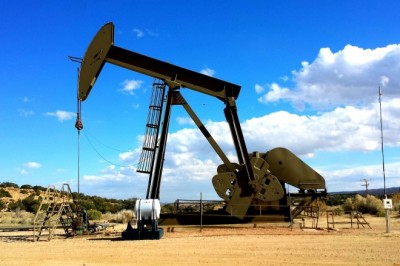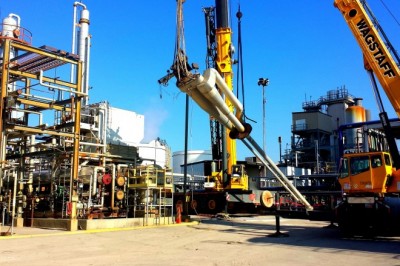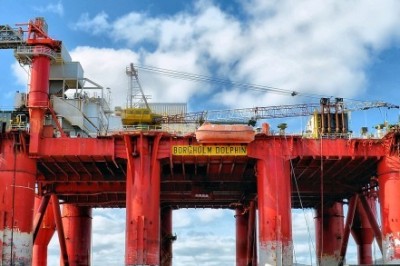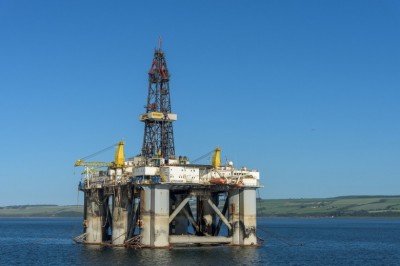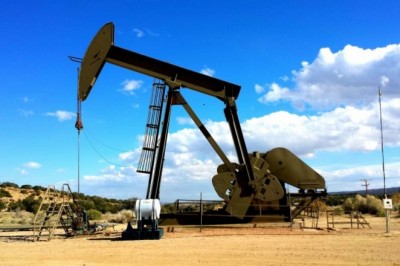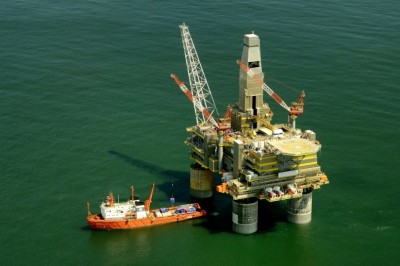oil rig job careers - what to expect?
There are many oil careers available and they can open the door to new experiences and cultures. Oil and gas are truly global industries that link countries; a resource may be found in one country, before being piped and found in others. As a result, any change in circumstances in even the smallest oil-producing country can herald astonishing changes in others across the globe.
There are two major components to the oil industry: upstream and downstream. Upstream in used to describe the processes involved in obtaining crude oil from natural resources. This is likely to involve the exploration of potential oil sites, using seismic and geophysical surveys alongside prospective drilling to determine whether or not a reserve has any promise. If a reserve is found, then it is also the responsibility of the upstream category to develop of oil fields by implementing processes such as the construction of well-heads and implementation of production facilities.
Downstream is responsible for processing the crude oil into a marketable product. This may include the transportation of oil and gas, using pipelines and pumping systems, as well as the procedure involved in resource liquefaction and gas processing, using oil refineries and petrochemical plants. Some of the oil jobs that you can expect to find in this category include project engineers, piping designers, corrosion engineers and quality assurance specialists. Oil careers are varied and can be challenging, but can also offer significant rewards.
Many oil careers begin on oil-rigs. Oil rig jobs offer a chance to test your physical skills and ingenuity, although you will have to adapt to the unconventional lifestyle. This lifestyle includes living in accommodation that is often paid for by the company and could be likened to a small, offshore town. Accommodation typically comprises of 1-2 bed cabins with a bath, TV and internet facilities. For downtime many oil rigs provide leisure facilities, such as fitness centres, billiard rooms and even cinema screens. These facilities are normally available 24 hours a day, so that even if an employee is undertaking night-shift drilling jobs, he can still make use of the leisure facilities once the days work is done.
The financial benefits of working on an oil-rig are many. Most employers pay for, food, laundry and living expenses as well as the travel costs incurred by traveling to and from work. In addition, oil-rigs tend to work on a rotational basis of 14/21 days, meaning that, typically, an engineer can expect to work hard for two weeks and then look forward to having three weeks of holiday. This works out as an engineer spending approximately 3/5ths of the year on paid leave. Wages can vary according to position and the location of the rig itself. Drill deck-workers can expect to earn around £700 - £1000 per week. Where jobs that require more skill and experience can demand approximately £65,000 per year. Wages are generally increased according to how remote an area the oil-rig occupies.
There are many entry-level jobs available and it is these that many oil careers are founded from. These require little or no offshore experience and can be used as a foothold on the ladder to a career in the oil industry. Oil-rig workers come from every walk of life; it is common to find ex-servicemen, farmers, graduates, mechanics and labourers who are looking to find a job that offers security and new experience.
--
Duncan freer - Director - Oil and Gas Jobs Search is a job site dedicated to the specific needs of candidates who work in the Oil and Gas industry. We also provide recruiters with an online service that is effective in terms of cost and ease of use for the following:Drilling jobs, oil rig jobs & oil careers
Contacts
For interviews, images or comments contact:
Duncan Freer
Marketing Manager
Email: Duncan@thejobsearchgroup.com














